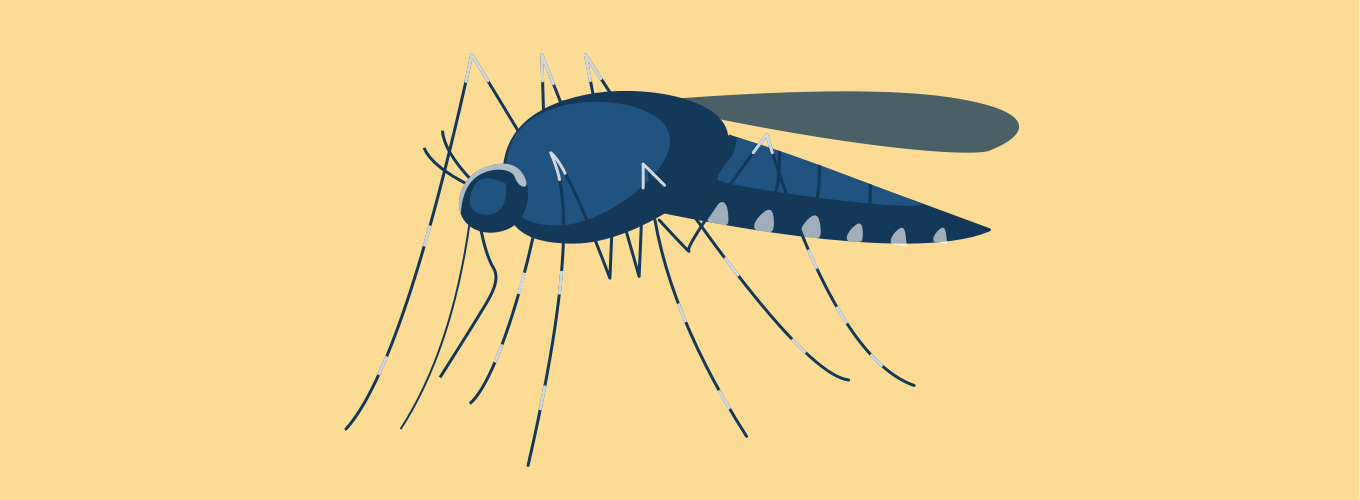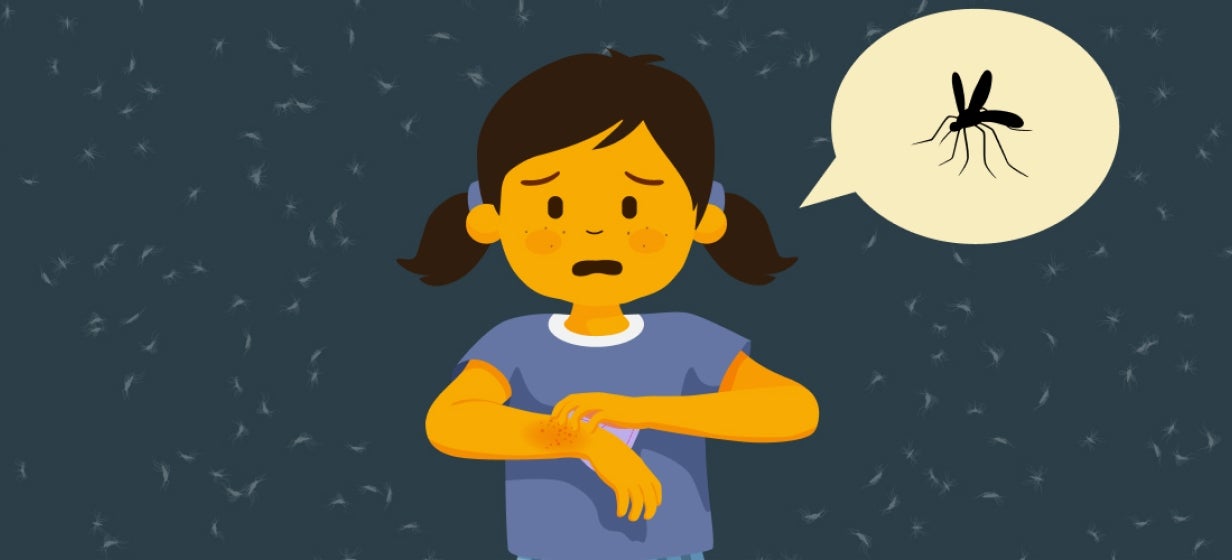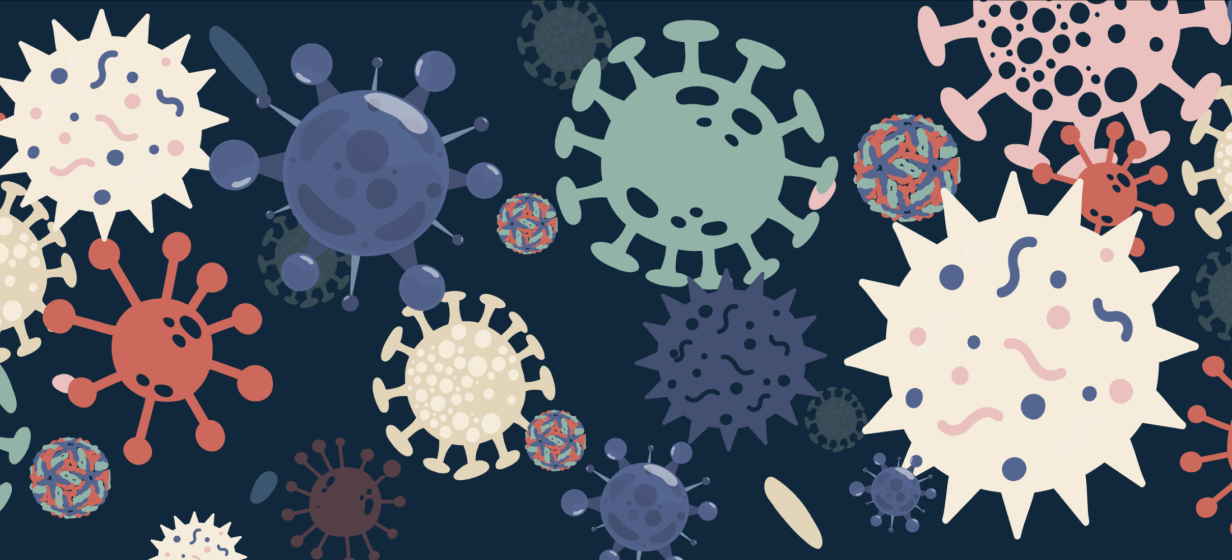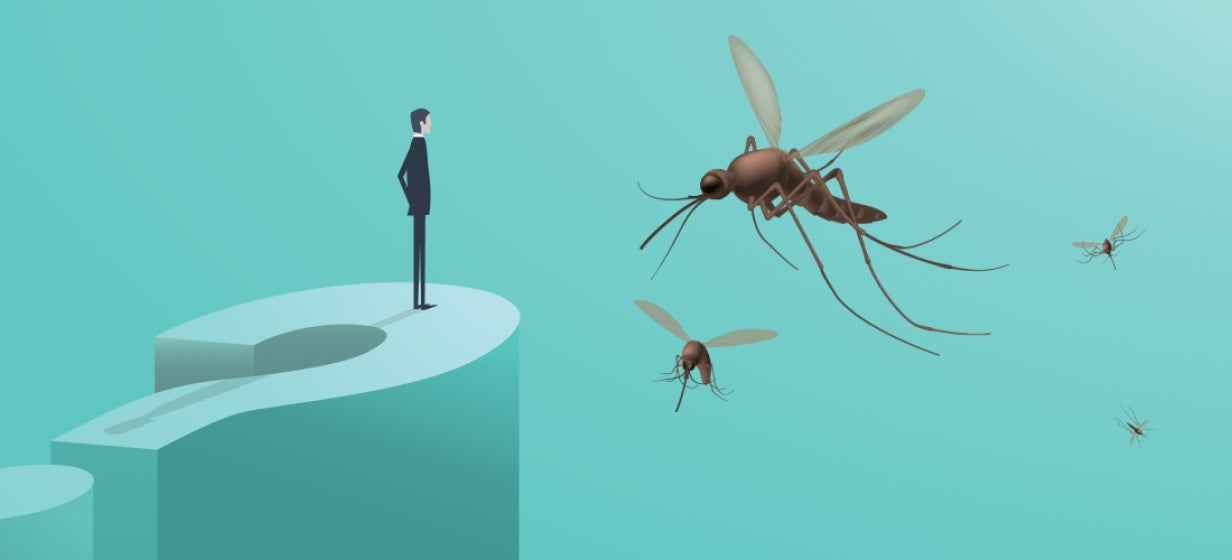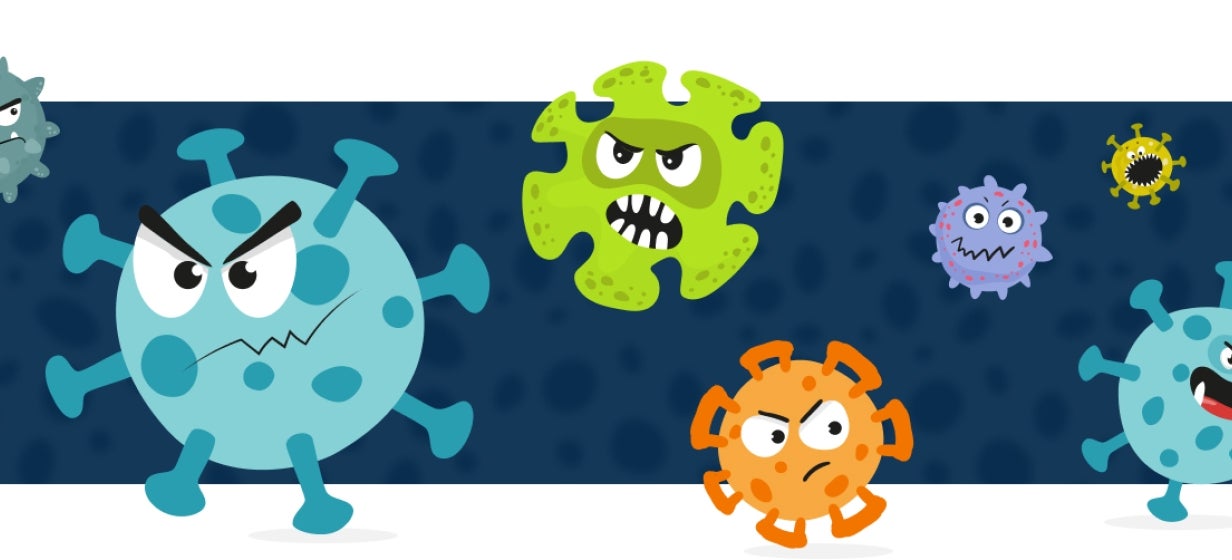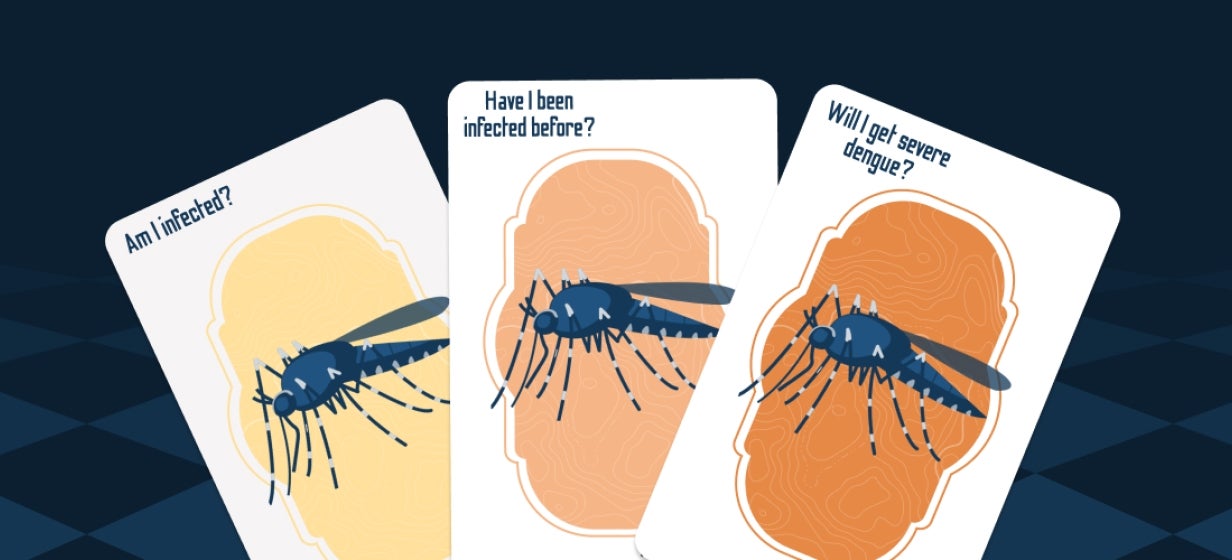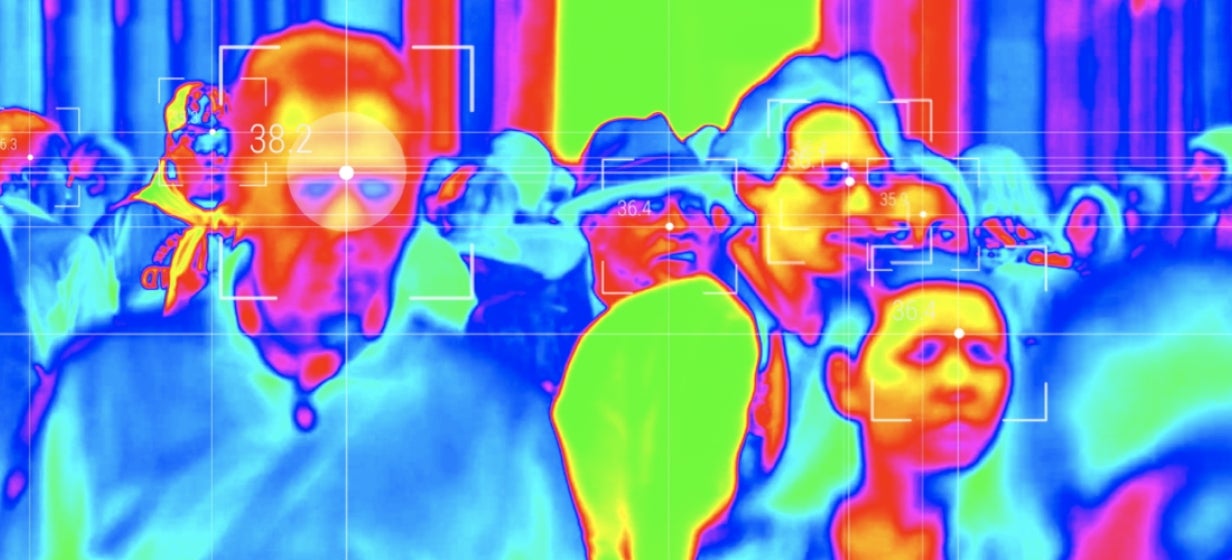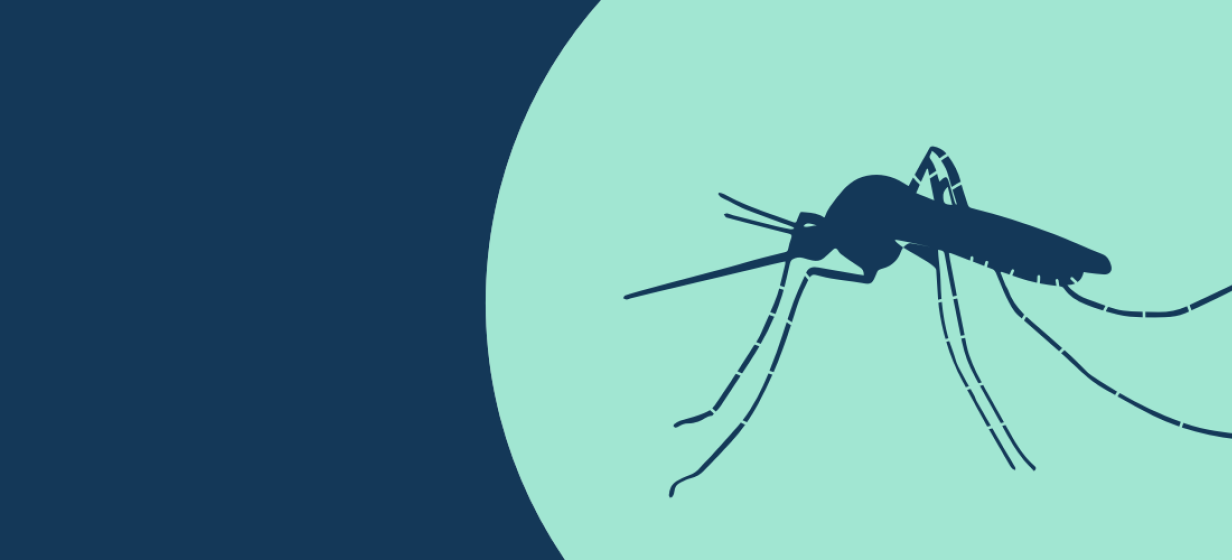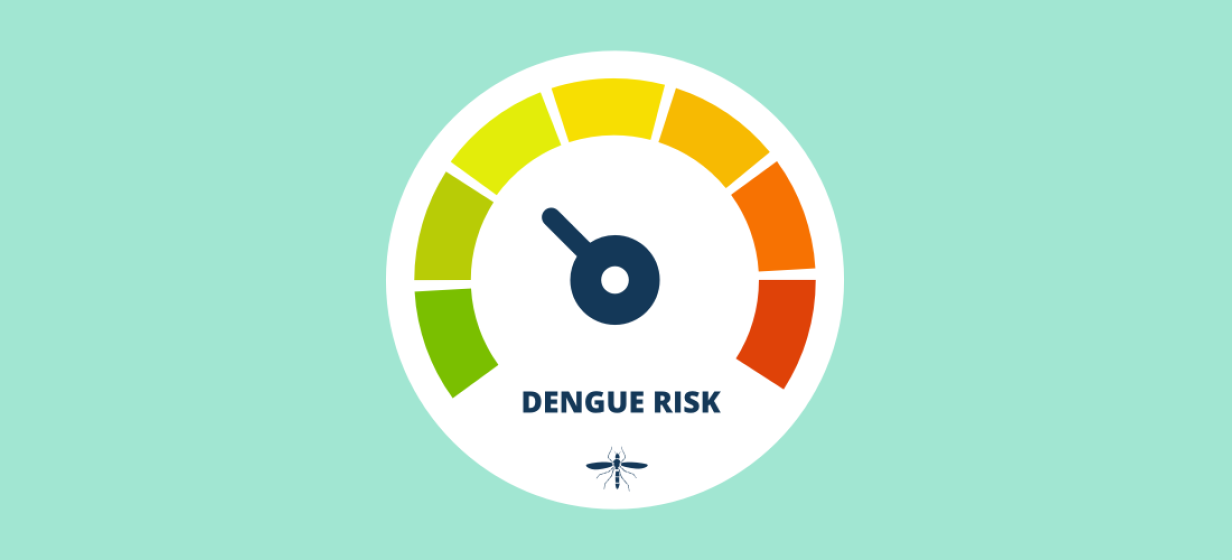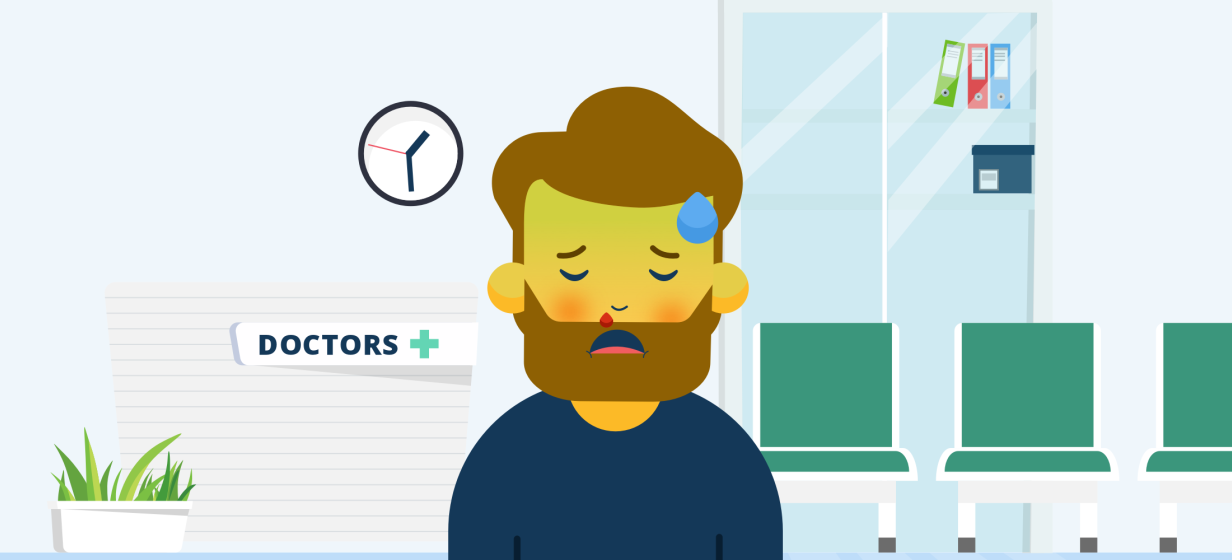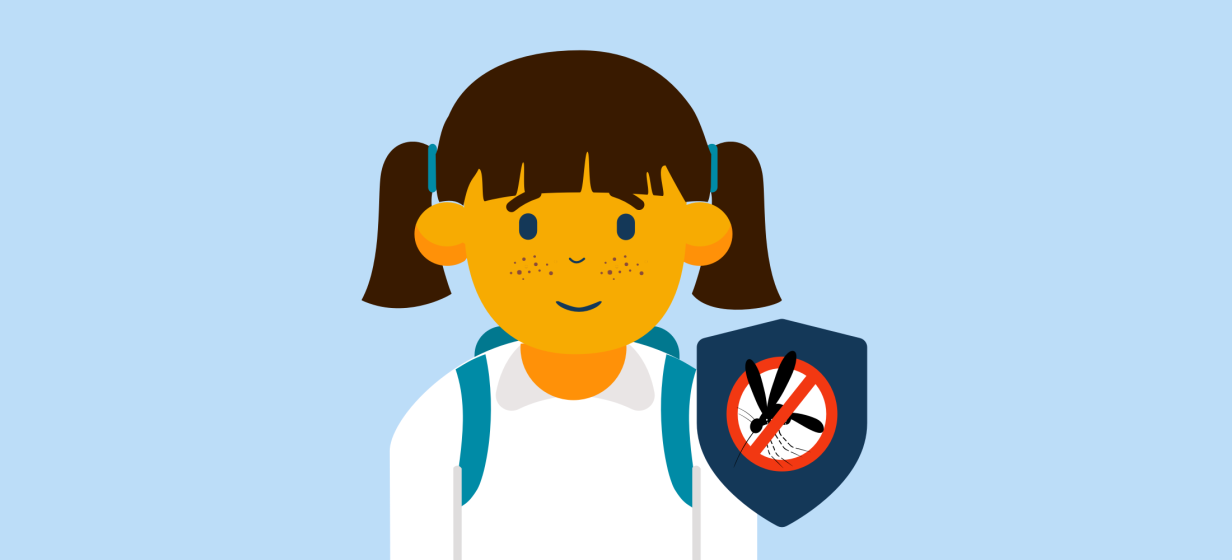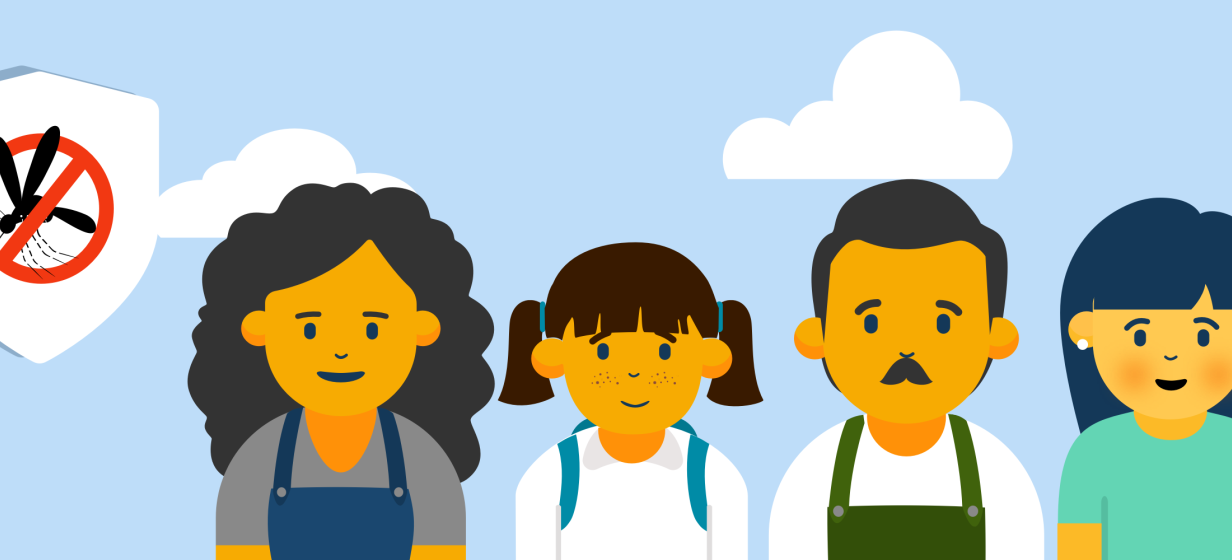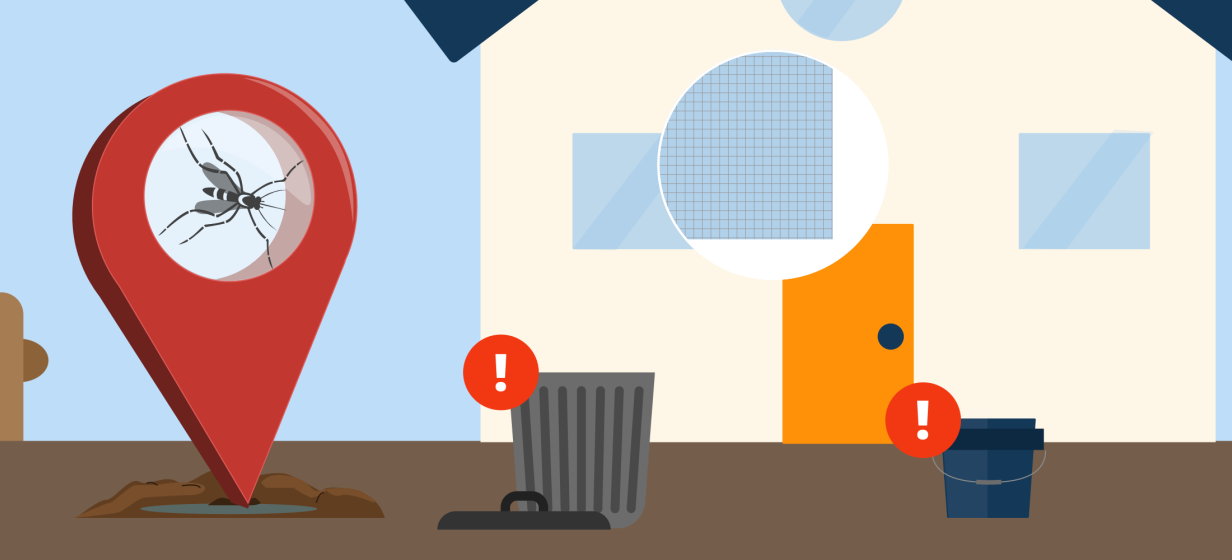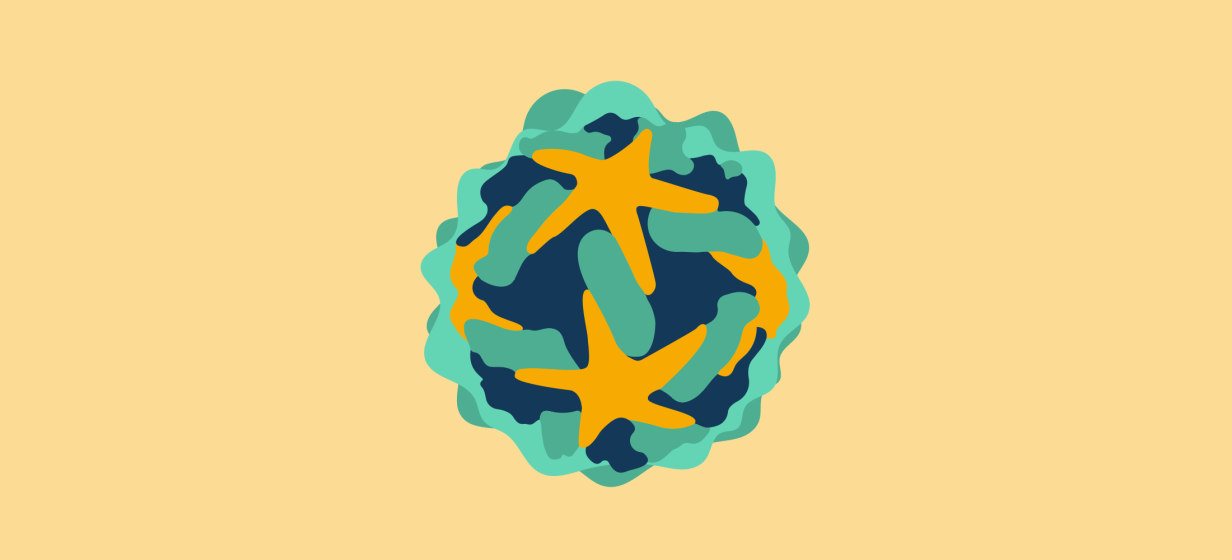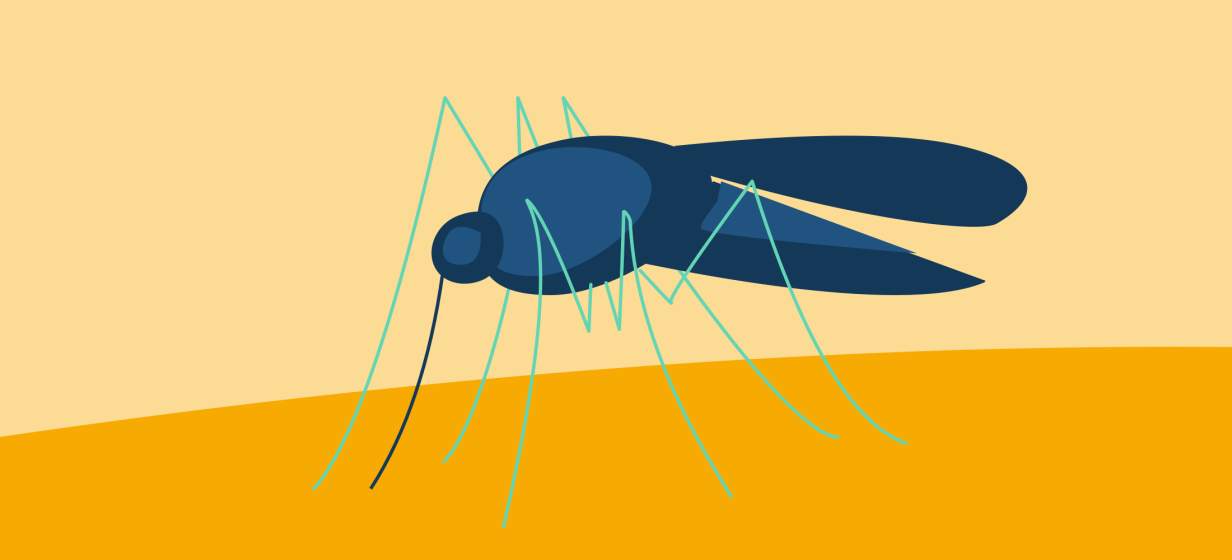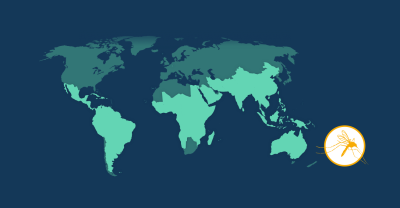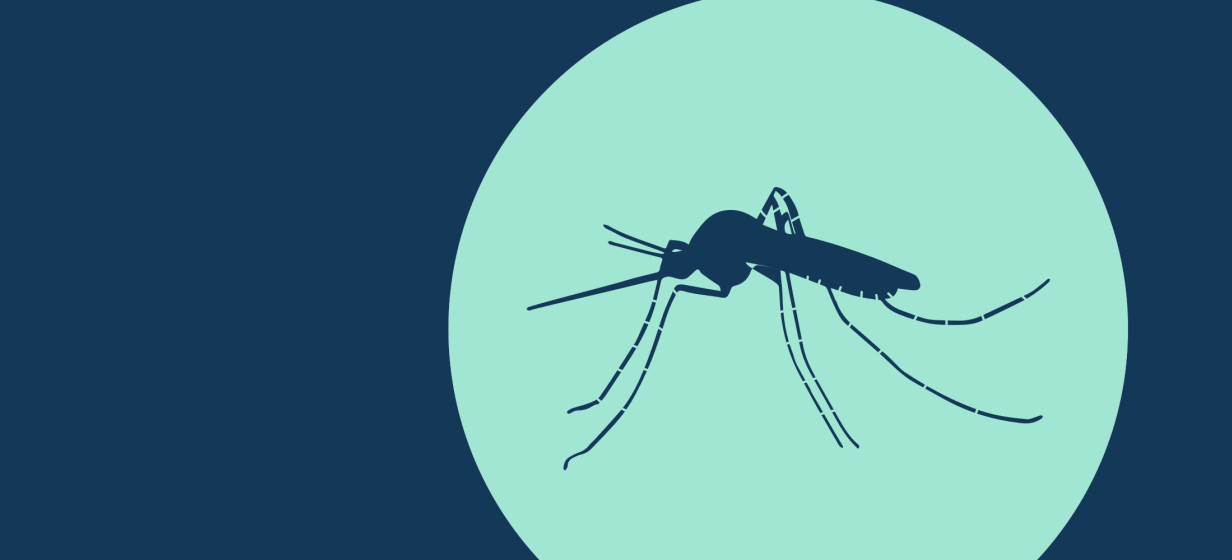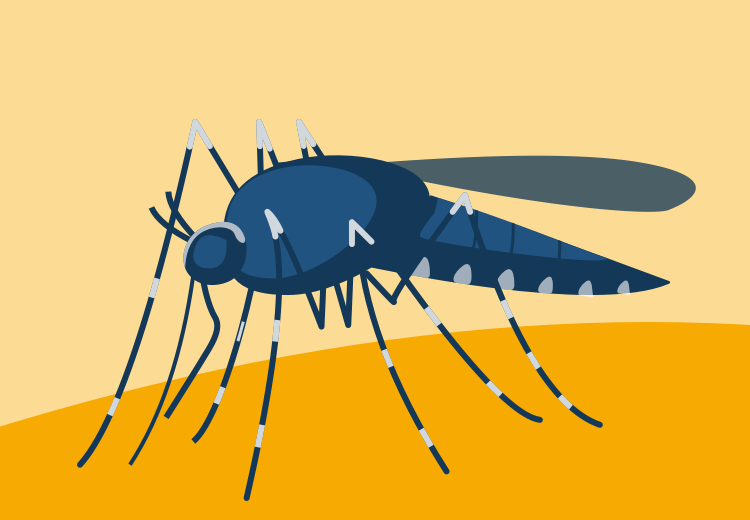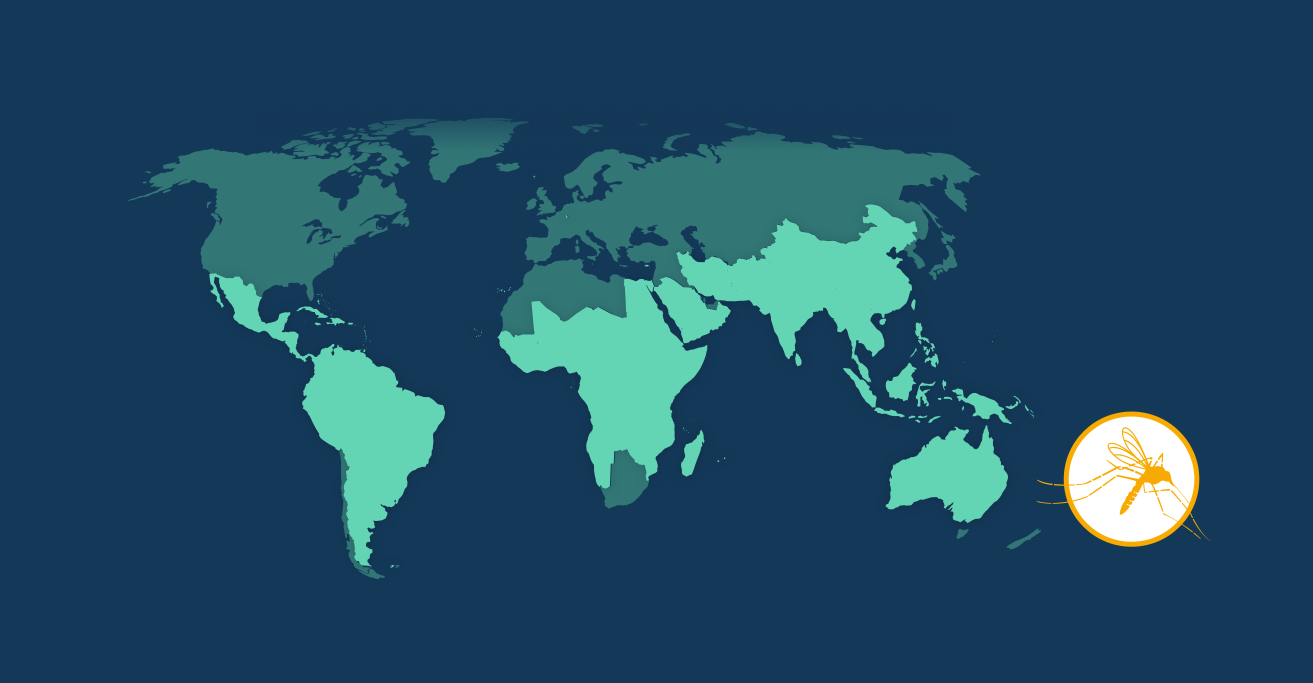What is dengue?
Dengue is a disease that can cause mild, flu-like symptoms but can sometimes develop into a more severe illness. It is caused by the dengue virus. The virus is spread by the bite of infected mosquitoes. You can reduce your risk of getting dengue by avoiding mosquito bites.1
Most dengue infections are mild. In fact, many people do not experience symptoms at all. If you do develop them, symptoms include a fever, aches and pains, headache and a rash. There is no cure or specific treatment for dengue. But you can relieve the symptoms until the infection has gone.
Around 1 in 20 people who become infected with dengue develop symptoms that are serious and potentially life threatening.2 This is called severe dengue.
Dengue occurs in more than 125 countries and is widespread in many parts of the world.3 The number of cases is increasing as dengue spreads to new areas, including Europe, and larger outbreaks are occurring.
Lowering your risk
You can lower your risk of catching dengue by avoiding mosquito bites.1

Use an insect repellent regularly
Using registered repellents (such as DEET) make you less attractive to mosquitoes.4

Wear loose and protective clothing
Mosquitoes can bite through tight-fitting clothes. Wear loose long trousers, long-sleeved shirts, and socks.

Treat your clothing and belongings
You can spray your clothes and belongings with an insecticide called permethrin (0.5%) to deter mosquitoes.5

Try to keep your environment mosquito-free
Help keep mosquitoes out with screens on windows and doors. If you don’t have screens, use a mosquito net. Air conditioning will also help. Stop mosquitoes laying their eggs nearby by regularly emptying and cleaning anything that holds water, like tires, trash cans, flowerpots and toys.
If you know you have dengue, speak with your healthcare professional. Avoid getting further mosquito bites in the first week of the illness. You might transmit dengue to other mosquitoes that can pass it on to other people.
Severe dengue: the warning signs

If you think you have severe dengue, see a healthcare professional urgently
The symptoms of dengue can be very mild. In fact, many people have an infection without knowing it.6 But some people become very ill with dengue. Each year, it is estimated that about 40,000 people die of severe dengue around the world.7
Often the first sign of dengue is a fever,8 which can last for two to seven days, alongside other symptoms such as muscle pain, headaches and rash.
If you develop severe dengue, your blood vessels begin to leak into your body, your blood pressure drops, and your organs stop working properly. This can be fatal.9
Warning signs of severe dengue include:3
| Severe stomach or belly pain | |
| Persistent vomiting | |
| Bleeding from gums | |
| Feeling tired | |
| Rapid breathing | |
| Restlessness | |
| Blood in vomit or stool |
If you develop any of these warning signs, see your healthcare professional urgently. Spotting these symptoms early and getting treatment promptly could save your life.3
If you live in or travel to an area where there is a dengue outbreak, you could be at risk, so take precautions to help protect yourself and your family. Additionally, there are 4 different types of the dengue virus so you can be infected more than once. The risk of developing severe dengue is higher if you’ve already been infected with a different type of dengue virus once before.10
How dengue is diagnosed
If you live in or travel to an area where dengue is prevalent and show signs of the disease, your healthcare professional may ask you to take a dengue test.11

You will need to give a small sample of blood that can be tested in the clinic or in a lab. Some tests give results in 30 minutes, others take longer.
There are a few different types of laboratory test, but they all look for the presence of the virus in your blood by measuring different parameters. Some tests can tell you which type of dengue virus you have been infected with.3 The tests are generally very good, but no test is 100% accurate.12,13
Confirming whether you have dengue will help to get you the right treatment. If you have any concerns, make sure you speak with your healthcare professional.
Many countries also keep records of how many people have dengue. This can help organizations like the World Health Organization to keep track of the disease around the world.14
Treatments for dengue
There’s no cure for dengue, but it is possible to treat the symptoms.15 If you have mild symptoms, you can usually recover at home. Severe dengue should be treated in hospital.16
If you think you have dengue:
Do:
Seek advice from your healthcare professional immediately.
Get a test to check it’s dengue.
Drink plenty of clean water
Get as much rest as you can
If you have a fever, a common recommendation is to take paracetamol (acetaminophen) to reduce fever and manage body aches
Don't:
Ignore warning signs of severe dengue, such as stomach pain, vomiting and bleeding3
Take aspirin or ibuprofen as these can cause bleeding
If you have mild dengue, you should start to feel better within a week.16 Try not to get bitten while you are ill. If a mosquito bites you, it may go on to infect someone else.17 And remember, having dengue once doesn’t mean you can’t get it again.3
















